
In this lesson, students will embark on an exciting exploration of greenhouses. They will discover how greenhouses provide a special environment for plants to grow by letting in sunlight and trapping

This lesson is an introduction to the parts of a plant and how the parts help the plant get nutrients for grades K-2. Students will have an opportunity to plant and care for a plant at the end of the

This is a lesson plan about creating a vermicomposting bin. This explains how vermicomposting helps in keeping the environment clean and also how it helps create rich soil which is important for
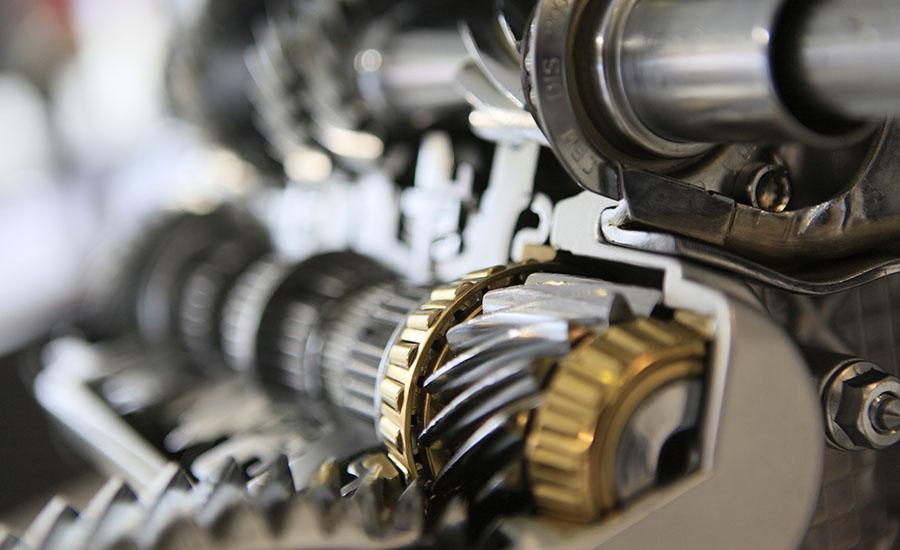
Mad For Magnets is a lesson plan for K-4th grades. Scholars will learn about magnets, how they attract and repel, north and south poles to apply to the assigned challenge. Scholars will design and
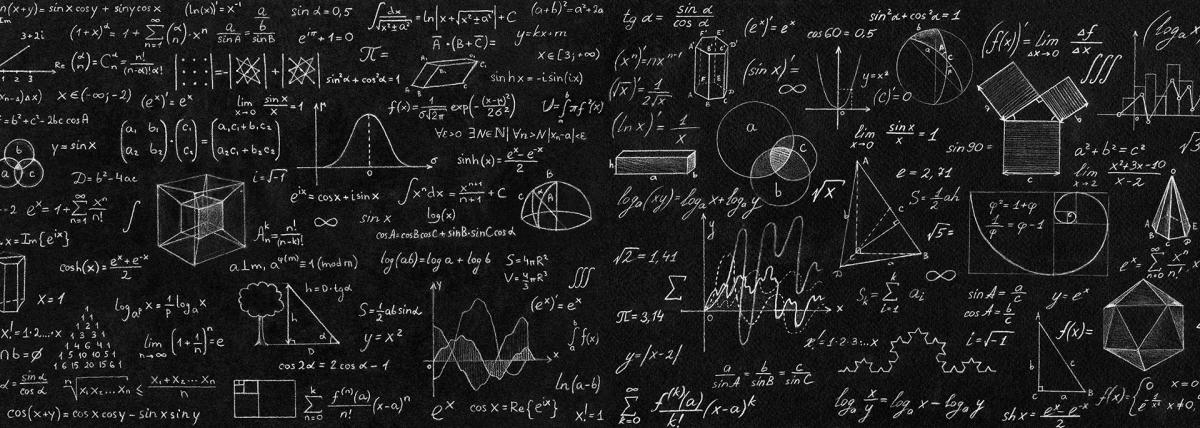
From this lesson, students will discover how friction affects how things move. This is an excellent activity that will allow students to be creative and build a marble run to show friction. This

With this introductory lesson on Newton's Laws, student will have the opportunity to understand and explain Newton's 3 laws through a hands-on experience. This is an excellent way to introduce physics

This is a 5th grade force and motion lesson plan. It uses roller coasters to help students develop real-life connections to the ideas of motions, and balanced & unbalanced forces. It allows them to

Go through different STEM, reading, and writing activities with Roz and her friends in The Wild Robot. Students will problem solve, participate in discussions, and learn about artificial intelligence

Students will be able to code a simple program using EdScratch in order to survive in the ecosystem by avoiding their predators. Using Edison as an animal in the food chain, students will be able to

Students will be able to code a simple program using EdScratch in order to survive in the ecosystem by finding the sources of food. Using Edison as an animal in the food chain, students will be able

This lesson will take 2 60 minute class periods. Students will watch a video, read a book, and have class discussions about earthquakes. This lesson will walk students through the design process

In this lesson, students will explore how gravity and the layers of the Earth's crust work together to filter contaminated water. Students will build a water filter and test the water filter with

Students will learn about forces and motion by building a straw rocket. They will measure how far their rocket flies and then build a second rocket to see if they can make it go farther.
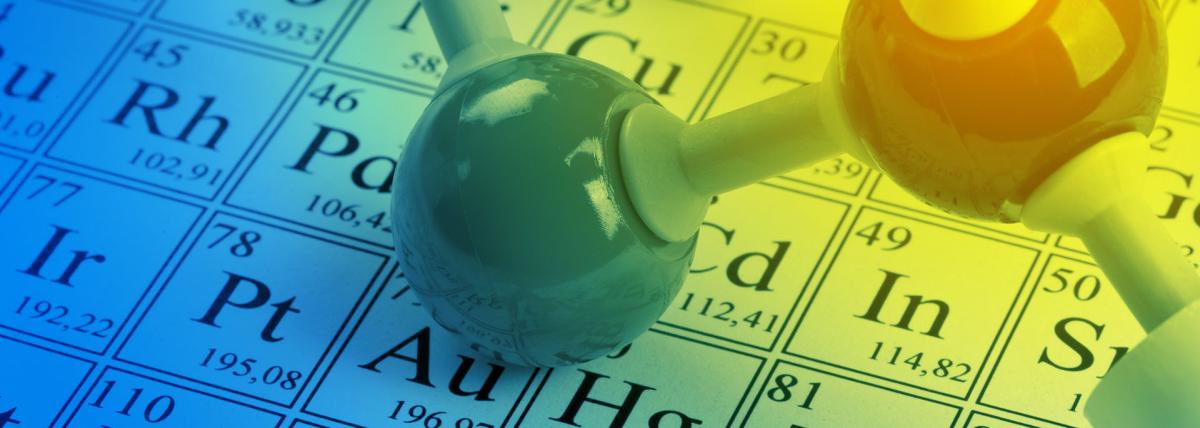
This lesson, which is a follow up to the lesson about heating, asks students to observe the properties of objects after they have been heated and cooled to draw conclusions about the effects of

Students will use science and engineering practices to design and build a parachute out of everyday items. The parachute must be able to carry a metal washer to a specific target on the ground while

This design challenge is broken up into four parts, this is part four. This lesson will focus on sharing each group’s design and discussing their iterations (Share). In order to successfully execute
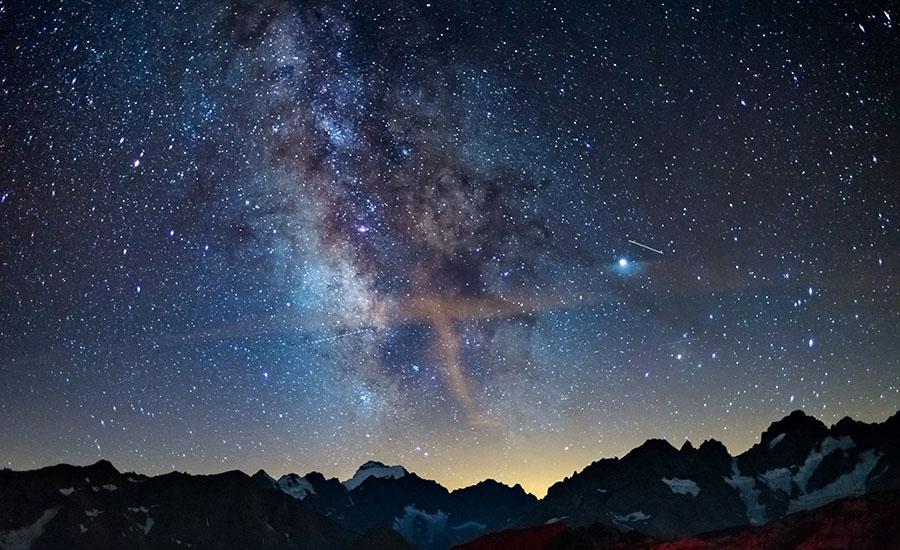
You've crash-landed on an alien planet and must find a way to survive with the help of native flora and fauna. Students will document alien life-forms in a field journal and use that information to

Engage your students by learning about the Ferris Wheel and constructing a ferris wheel in a collaborative assignment. The informational text of Mr. Ferris and His Wheel is linked for your convenience
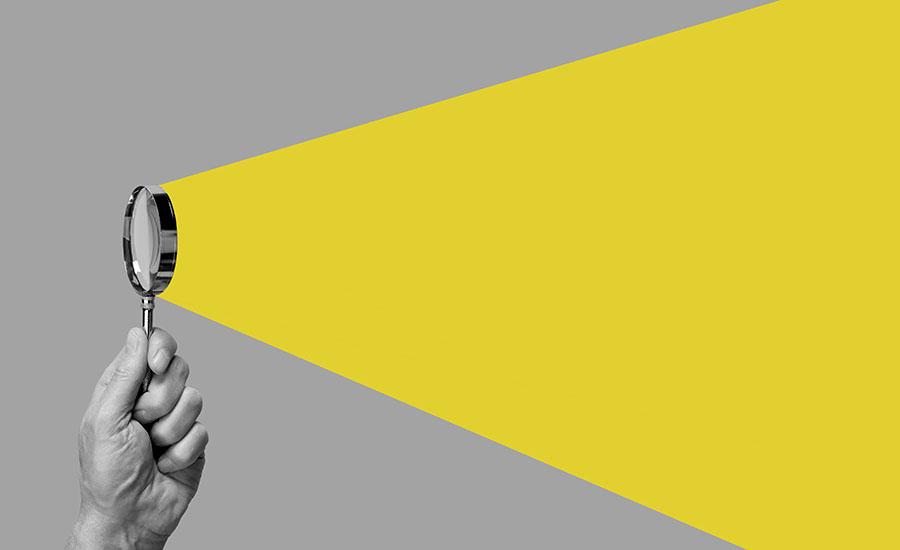
Students are introduced to a project that asks them to use classroom materials to create a new form of vision technology. Students review how the eye works, create a plan, and share that plan with

This lesson introduces 5th grade students to forces and motion using "floating" magnets on a dowel and a Newton's cradle. Students will also be introduced to Newton's 3 laws of motion and contact vs

Students after learning how to use EDBlocks and EDScratch programming for Edison Robots will go to a younger class and teach those students how to do it too.

Introducing how EdScratch programming works with the Edison Robots. Activities and ideas linked in the lesson.

Lesson Two of Four: This lesson will help to show students there are lots of possibilities when building robots and students will be able to create their own prototype.

First of Four. Introduction to how Edison Robots work. Students will self discover some of the possibilities of what the robots can do.
